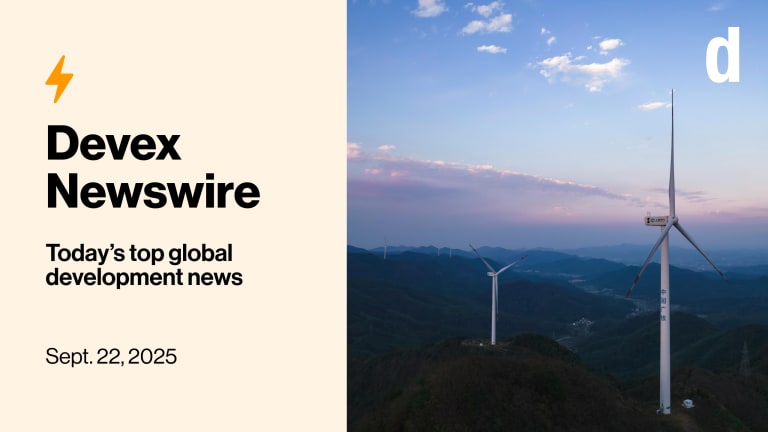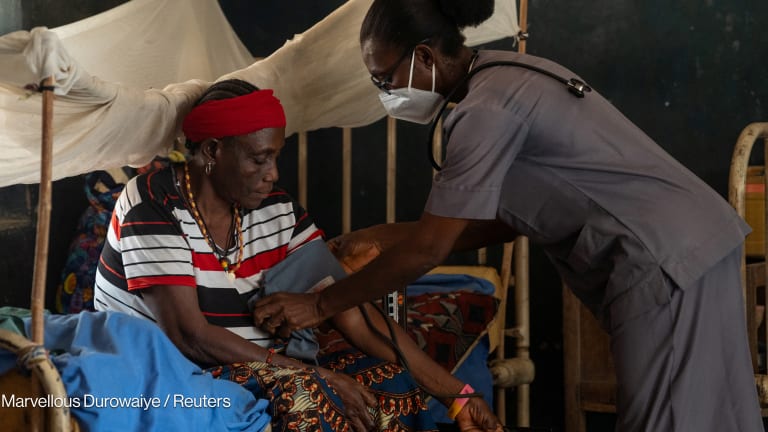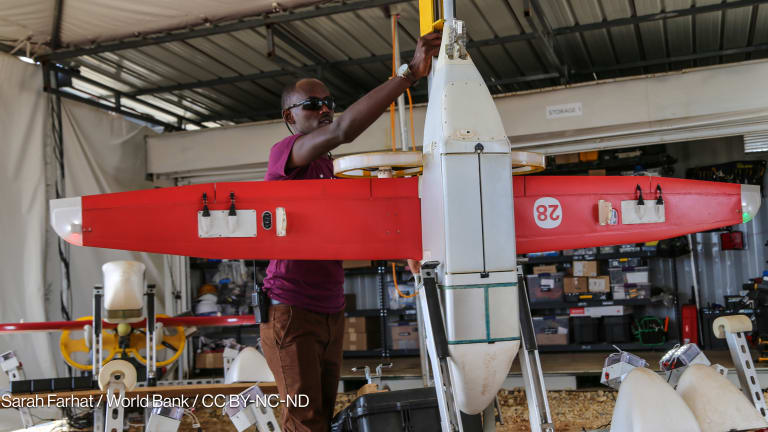
Bill Clinton is in a reflective mood. This week, with his wife and daughter at his side, the 42nd president of the United States is hosting the 10th meeting of the Clinton Global Initiative in New York.
With Hillary preparing to announce whether she’ll seek the U.S. presidency in 2016 and Chelsea taking a greater role in the family foundation’s affairs, all signs point toward change. Unwavering, though, is the former president’s verve for frank discourse and triangulation, for creating strange-bedfellow coalitions to tackle some of the most pressing challenges of our time.
“This year, we’re going to try to reimagine what it means to have an impact and see how we can do more, based on the comprehensive information that has been collected and analyzed about the commitments that have been made over the last 10 years,” Clinton told a select group of reporters in an exclusive interview ahead of #CGI2014.
To a large degree, CGI’s data mirrors broader trends at the intersection of business and development: The shift from advocacy and financial commitments toward more direct interventions such as building capacity and providing access to capital, education and information. The proliferation of multi-stakeholder, cross-sector partnerships. And the increase of long-term commitments in sustainable solutions instead of short-term relief.
“Cross-sector partnerships have a very high success rate,” Clinton said, calling the sight of ever-larger groups of people working together to right wrongs “encouraging.”
See more news on CGI:
● Nearing its second decade, how will CGI evolve?
● Global development’s star player hangs up her jersey
The majority of commitments made by CGI members over the past few years were focused on the United States, India, Kenya and Brazil. But Clinton’s eager to break new ground. He wants to do more to encourage entrepreneurship in Central Africa, fight HIV and AIDS beyond Africa — in Latin America and Eastern Europe, for instance — and focus clean energy projects not just on the areas with the most emissions, but also on those with the highest potential for renewables.
The private sector will be key to all of these efforts, Clinton suggested. Corporations like Coca-Cola and Procter & Gamble, he said, have come to realize that “inequality isn’t sustainable” and that those at the bottom of the pyramid represent an untapped market.
Government aid agencies, for their part, should focus their work on laying the groundwork where “you can’t expect” companies and nongovernmental organizations — including the mighty Bill & Melinda Gates Foundation — to act alone.
“If we enable the future American president to have our money go further by partnering with big companies and have an interest in, for example, say, the Caribbean...,” Clinton mused, letting the thought hang in the air for a moment before trailing off.
To be sure, there’ll be plenty of things for traditional aid agencies to do, Clinton stressed, highlighting a project that the Clinton Health Access Initiative is working on with the Rwandan ministry of health and the U.S. President’s Emergency Plan for AIDS Relief.
Overhead for that project is 7 percent, Clinton said, broaching a topic that is particularly sensitive with the large group of NGOs and companies that is implementing U.S. government projects around the world.
“Typically, the U.S. aid contractors have gotten 15 percent for administrative expenses at home and another 20 percent on the ground,” Clinton suggested. (Official statements from industry and even the U.S. Agency for International Development, routinely put the numbers much lower.)
For the former U.S. president, maximizing value for money is key. And this drive for results will change international cooperation fundamentally, he said — even with countries like China, which has been criticized for investing in developing countries in exchange for access to their natural resources and then relying too heavily on Chinese migrant workers to complete projects abroad.
“I think that the Chinese, with this infrastructure spending they do, which is highly visible, could have a bigger impact in these countries if they used more local workers and trained more local people,” Clinton said. “But I think you’ll see them do that as well. The aid business is getting smarter about how to have the largest impact.”
Success, in his view, will be driven by partnership.
“We live in an interdependent world where social and economic problems soon collide, and therefore networks of cooperation will be the dominant mode of success in the 21st century — that’s what I believe,” he said.
“We’re about midway through what I figure is maybe a 50-year struggle to define the terms of our interdependence.”
That struggle will, as it seems, continue to tickle Clinton’s imagination and drive his work.
Check out more coverage of New York #GlobalDev week. Follow us on Twitter and like us on Facebook to get the latest from the high-level conferences and other related events happening this week.








